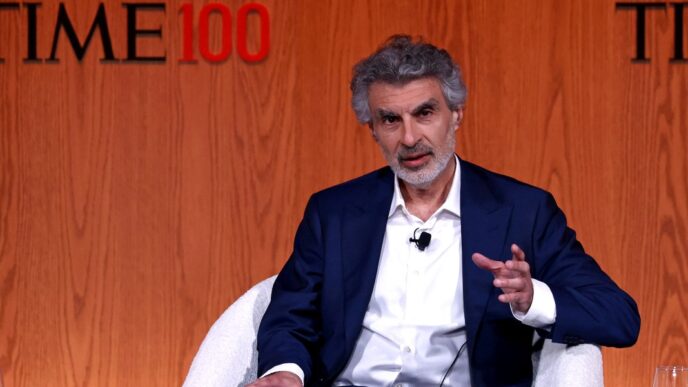AI “arms race” rhetoric under fire. Critics are calling out the phrase as intellectually lazy, claiming it oversimplifies the complexities of AI technology and its impact on global policies. The term, often used to push for increased military spending or critiques of rivals, fails to measure true progress in AI advancements.
The issue started with a call for a new vocabulary to better understand AI’s implications. Questions arise: How do we determine who’s ahead? What metrics matter? Relying on outdated military metaphors distracts from the real tech landscape, which is dominated by private companies rather than state-controlled weapon stockpiles.
The arms race term emerged during historical naval competitions and nuclear tensions. Now, it evokes outdated fears reminiscent of the Cold War. Previous arms races were easily quantifiable; count the missiles, and you know who’s winning. Not so with AI.
Today, the U.S. and China are in a tech contest. China aims to surpass the U.S. in innovation—all without the straightforward metrics of past military races. AI development involves numerous private players fueled by profit motives. Performance now hinges on metrics like market share and revenue, making the race more about business than military power.
“Adoption of AI promises economic benefits, but not necessarily military strength or global influence.” — James Lewis, CEPA
Gauging success is tricky. Various statistics yield different stories. The U.S. leads in AI researchers and investment, but China’s startup ecosystem is booming, with ambitions to close the gap by 2030.
“The concept of an AI arms race is appealing as it simplifies complex issues…but it is unhelpful both as a metric and as a guide for policy.” — James Lewis, CEPA
When it comes to policies, accelerating research and fostering connections within the global innovation system could be key for the U.S. The notion of an AI arms race might resonate, but it ultimately clouds the discussion surrounding technology’s role in shaping national power.














